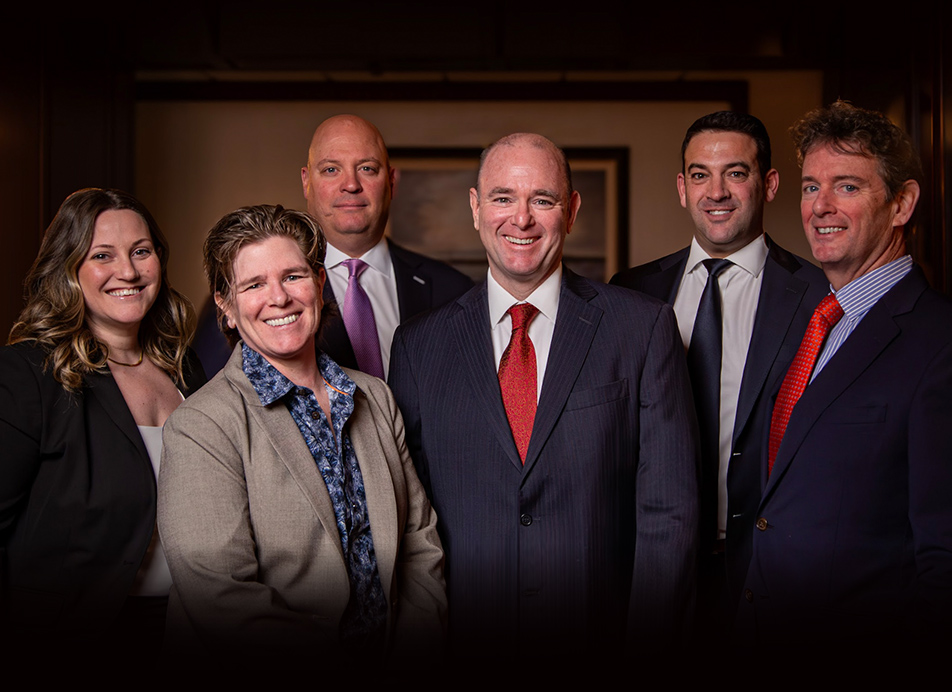Should expert testimony be required in a case involving stray cattle, simply because the defendant rancher’s name happened to be followed by “MD”? It seems absurd, but a Texas court will soon consider whether a plaintiff’s simple negligence case should be dismissed because of his failure to timely file an expert’s opinion as required under Texas medical malpractice laws.
Negligence lawsuits, including claims of medical malpractice, proceed according to state law. Such state laws are enacted by state legislatures and interpreted by the courts. A couple of years ago, a court in Texas made what many describe as a questionable interpretation of the state’s tort reform laws, in effect requiring expert reports to be filed any time a doctor is sued, even in non-health care situations. It now appears that the court may have another opportunity to consider the issue.
The Underlying Claim
The plaintiff and his son were traveling along a rural road in west Texas in 2012 when they ran into some stray cattle that had wandered onto the roadway. The accident killed one of the cows, totaled the plaintiff’s truck, and seriously injured him. The plaintiff filed suit against the cattle’s owner, seeking damages for his injuries (his medical expenses alone were more than $700,000).
On its face, the plaintiff’s complaint is one of simple negligence. Under the principles of negligence law in most states, a plaintiff need only prove that a defendant owed him or her a legal duty, that the defendant breached that duty, that the plaintiff was injured, and that the injuries were caused by the defendant’s breach of duty. Expert testimony is not usually necessary, as it is presumed that the jury is able to decide the issues without such special evidence.
The Defendant’s Motion
The defendant’s attorney has filed a motion to dismiss the plaintiff’s case, alleging that the suit should have been filed as a medical malpractice suit because the owner of the cattle is a retired doctor. Tort reform laws passed in Texas in 2003 placed new restrictions on medical malpractice cases and limited damages for pain and suffering. In a 2012 case in which an Alzheimer’s patient was injured after escaping a facility due to a broken door lock, the Texas Supreme Court held that expert testimony was required even though the claim did not pertain directly to health care. The defendant’s attorney – who happened to be on the losing side of the broken door lock case – says that he is required to seek dismissal of the plaintiff’s case, even though he believes the earlier decision was “ridiculous.”
Speak to an Experienced New York Malpractice Attorney
While this case is one of extremes, at least in terms of the arguments of defense counsel, it is nevertheless representative of one simple fact: doctors and their insurance companies detest lawsuits and will use every available means to avoid liability and/or discount a claimant’s recovery. If you need to speak to an attorney about your medical malpractice or other personal injury claim, call the law firm of Duffy & Duffy at (516) 394-4200. We’ll be glad to answer any questions you may have about your Long Island, Suffolk County, or Kings County case.
Related Blog Posts

